The Day the Revolution Began - Session 1
Chris Knepp
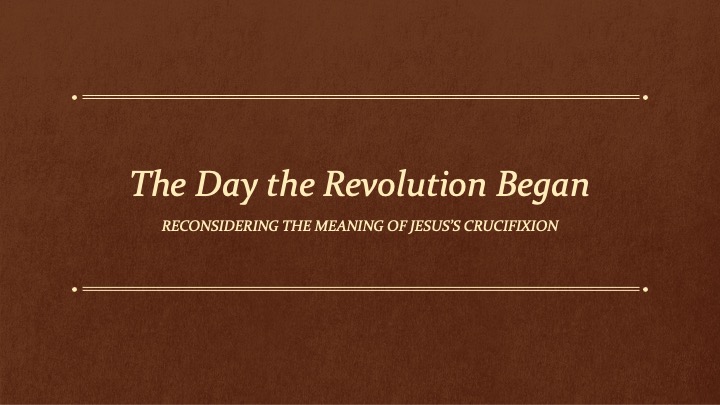
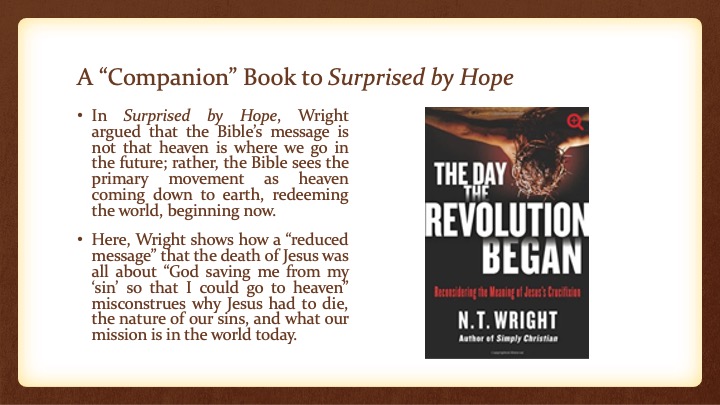
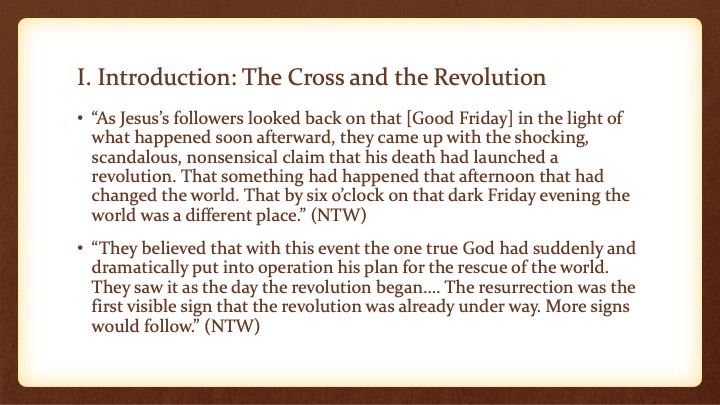
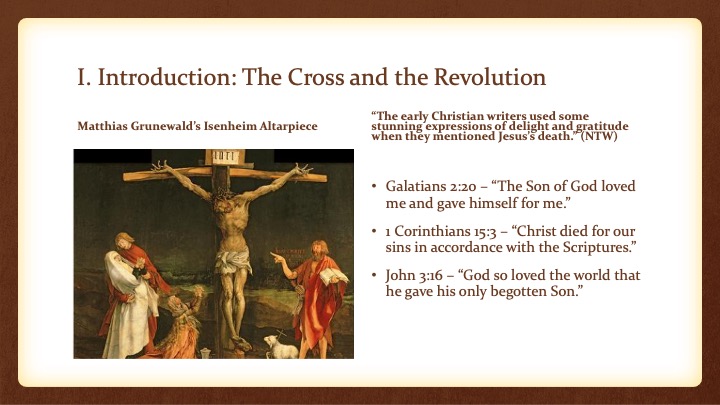
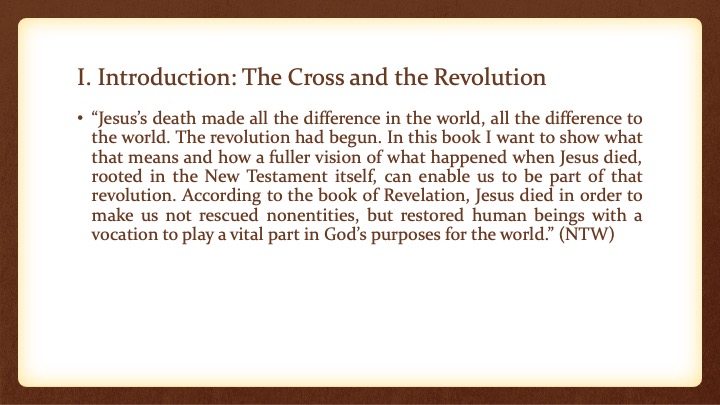
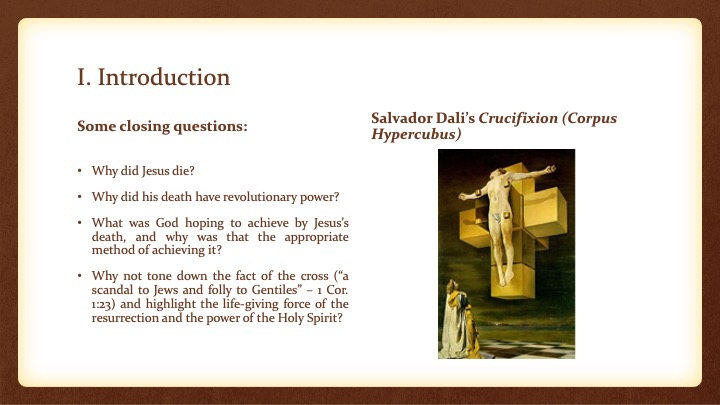
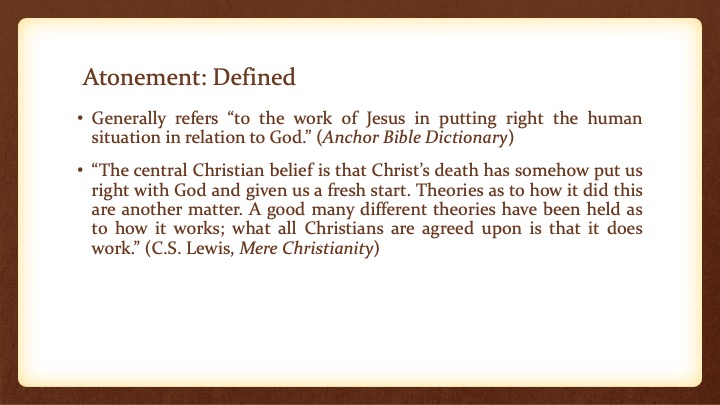
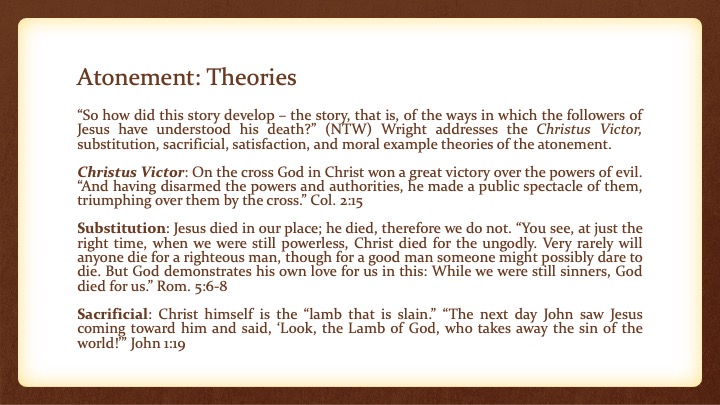
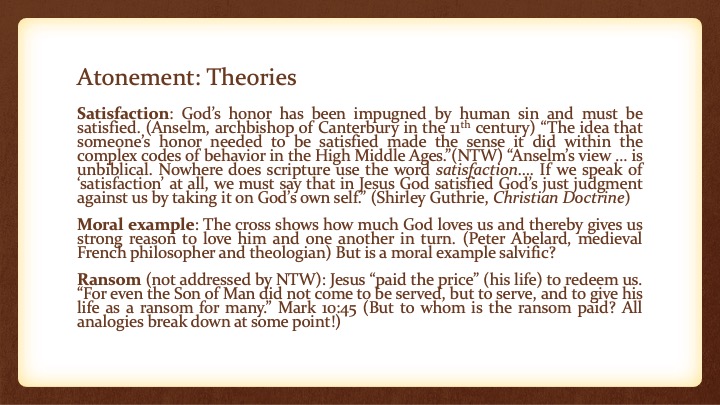
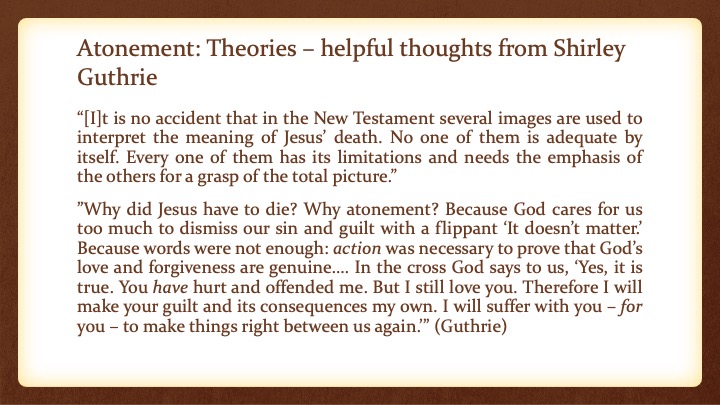
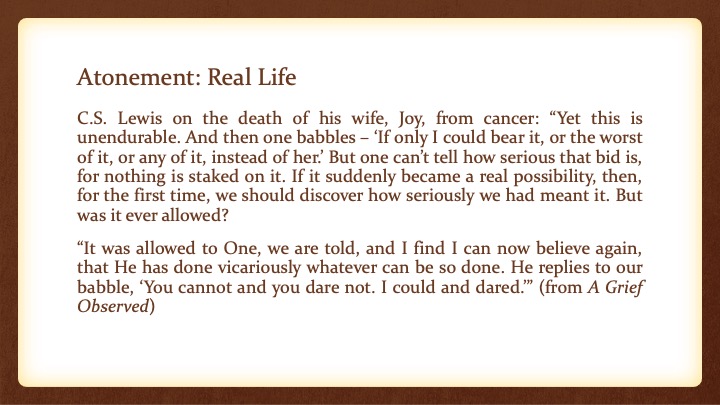
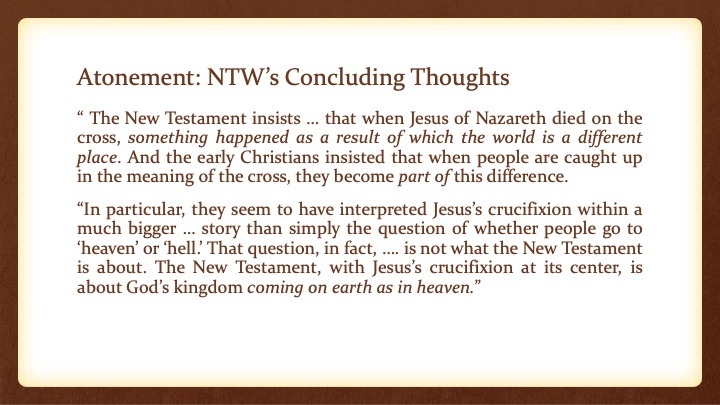
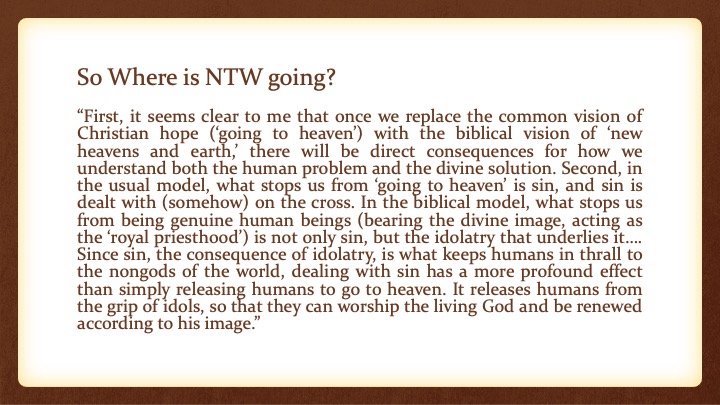
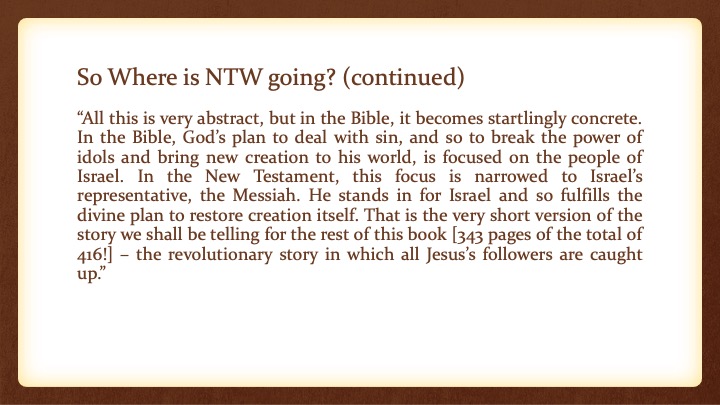
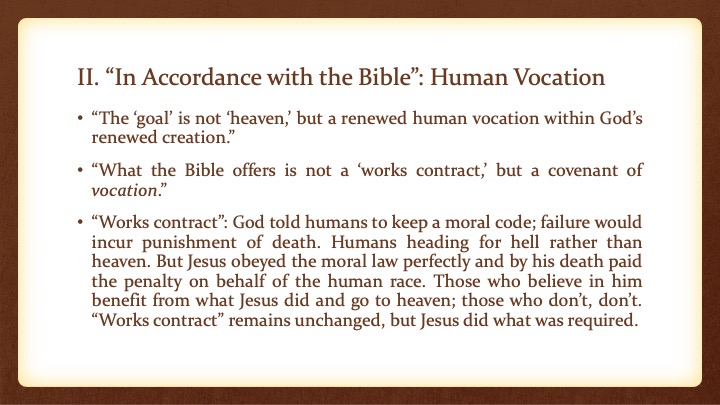
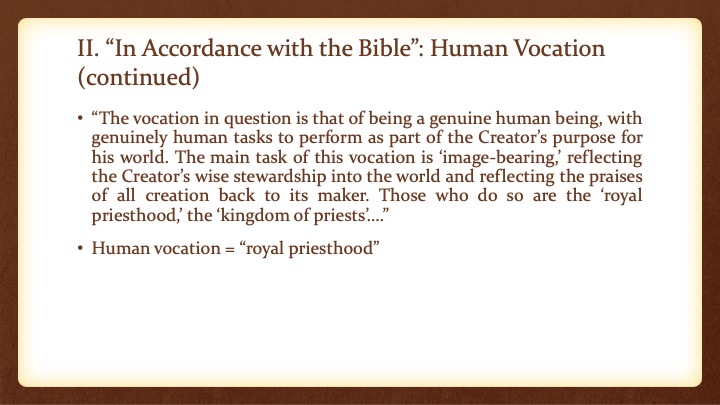
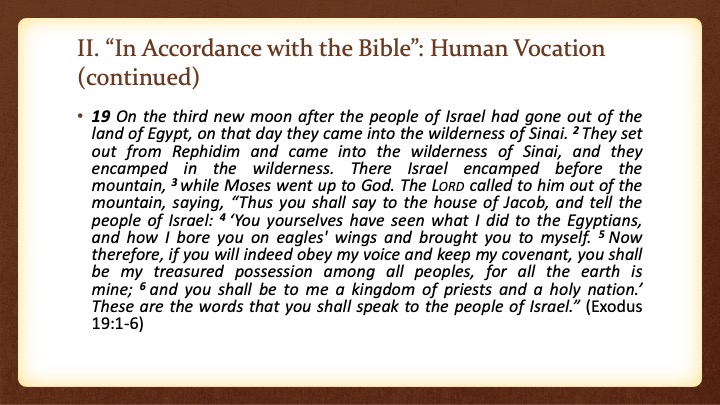
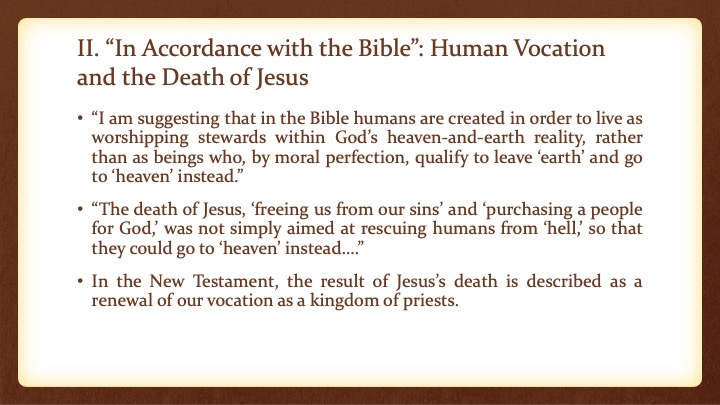
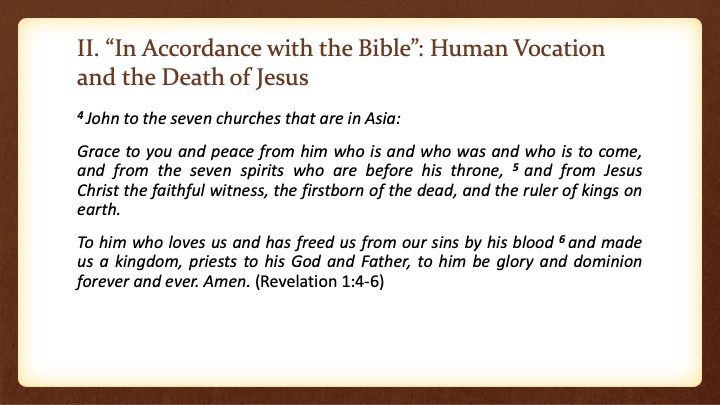
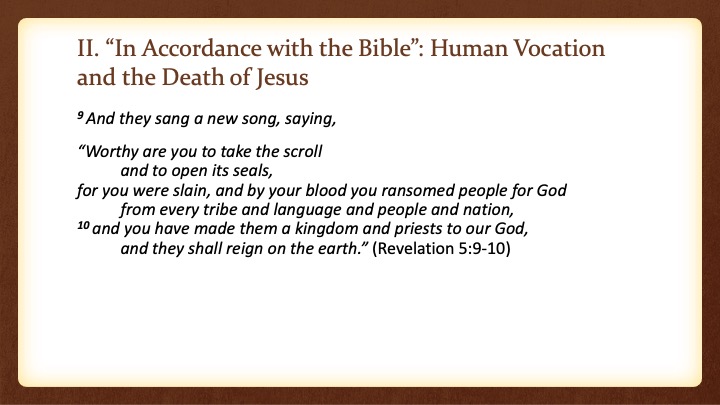
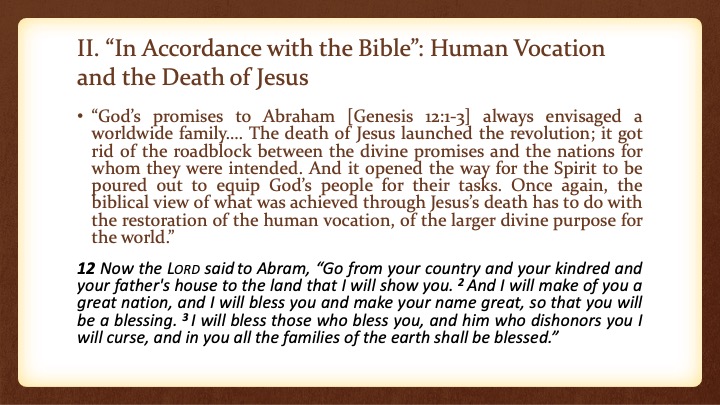
The Day the Revolution Began - Session 1
Links
< Home Page> < The Day the Revolution Began Menu > < Top of Page >
The Day the Revolution Began
A “Companion” Book to Surprised by Hope
In Surprised by Hope, Wright argued that the Bible’s message is not that heaven is where we go in the future; rather, the Bible sees the primary movement as heaven coming down to earth, redeeming the world, beginning now.
Here, Wright shows how a “reduced message” that the death of Jesus was all about “God saving me from my ‘sin’ so that I could go to heaven” misconstrues why Jesus had to die, the nature of our sins, and what our mission is in the world today.
I. Introduction: The Cross and the Revolution
“As Jesus’s followers looked back on that [Good Friday] in the light of what happened soon afterward, they came up with the shocking, scandalous, nonsensical claim that his death had launched a revolution. That something had happened that afternoon that had changed the world. That by six o’clock on that dark Friday evening the world was a different place.” (NTW)
“They believed that with this event the one true God had suddenly and dramatically put into operation his plan for the rescue of the world. They saw it as the day the revolution began…. The resurrection was the first visible sign that the revolution was already under way. More signs would follow.” (NTW)
I. Introduction: The Cross and the Revolution
“The early Christian writers used some stunning expressions of delight and gratitude when they mentioned Jesus’s death.” (NTW)
Galatians 2:20 – “The Son of God loved me and gave himself for me.”
1 Corinthians 15:3 – “Christ died for our sins in accordance with the Scriptures.”
John 3:16 – “God so loved the world that he gave his only begotten Son.”
“Jesus’s death made all the difference in the world, all the difference to the world. The revolution had begun. In this book I want to show what that means and how a fuller vision of what happened when Jesus died, rooted in the New Testament itself, can enable us to be part of that revolution. According to the book of Revelation, Jesus died in order to make us not rescued nonentities, but restored human beings with a vocation to play a vital part in God’s purposes for the world.” (NTW)
The Day the Revolution Began
I. Introduction
Some closing questions:
Why did Jesus die?
Why did his death have revolutionary power?
What was God hoping to achieve by Jesus’s death, and why was that the appropriate method of achieving it?
Why not tone down the fact of the cross (“a scandal to Jews and folly to Gentiles” – 1 Cor. 1:23) and highlight the life-giving force of the resurrection and the power of the Holy Spirit?
Atonement: Defined
Generally refers “to the work of Jesus in putting right the human situation in relation to God.” (Anchor Bible Dictionary)
“The central Christian belief is that Christ’s death has somehow put us right with God and given us a fresh start. Theories as to how it did this are another matter. A good many different theories have been held as to how it works; what all Christians are agreed upon is that it does work.” (C.S. Lewis, Mere Christianity)
The Day the Revolution Began
Atonement: Theories
“So how did this story develop – the story, that is, of the ways in which the followers of Jesus have understood his death?” (NTW) Wright addresses the Christus Victor, substitution, sacrificial, satisfaction, and moral example theories of the atonement.
Christus Victor: On the cross God in Christ won a great victory over the powers of evil. “And having disarmed the powers and authorities, he made a public spectacle of them, triumphing over them by the cross.” Col. 2:15
Substitution: Jesus died in our place; he died, therefore we do not. “You see, at just the right time, when we were still powerless, Christ died for the ungodly. Very rarely will anyone die for a righteous man, though for a good man someone might possibly dare to die. But God demonstrates his own love for us in this: While we were still sinners, God died for us.” Rom. 5:6-8
Sacrificial: Christ himself is the “lamb that is slain.” “The next day John saw Jesus coming toward him and said, ‘Look, the Lamb of God, who takes away the sin of the world!’” John 1:19
Atonement: Theories
Satisfaction: God’s honor has been impugned by human sin and must be satisfied. (Anselm, archbishop of Canterbury in the 11th century) “The idea that someone’s honor needed to be satisfied made the sense it did within the complex codes of behavior in the High Middle Ages.”(NTW) “Anselm’s view … is unbiblical. Nowhere does scripture use the word satisfaction…. If we speak of ‘satisfaction’ at all, we must say that in Jesus God satisfied God’s just judgment against us by taking it on God’s own self.” (Shirley Guthrie, Christian Doctrine)
Moral example: The cross shows how much God loves us and thereby gives us strong reason to love him and one another in turn. (Peter Abelard, medieval French philosopher and theologian) But is a moral example salvific?
Ransom (not addressed by NTW): Jesus “paid the price” (his life) to redeem us. “For even the Son of Man did not come to be served, but to serve, and to give his life as a ransom for many.” Mark 10:45 (But to whom is the ransom paid? All analogies break down at some point!)
Atonement: Theories – helpful thoughts from Shirley Guthrie
“[I]t is no accident that in the New Testament several images are used to interpret the meaning of Jesus’ death. No one of them is adequate by itself. Every one of them has its limitations and needs the emphasis of the others for a grasp of the total picture.”
”Why did Jesus have to die? Why atonement? Because God cares for us too much to dismiss our sin and guilt with a flippant ‘It doesn’t matter.’ Because words were not enough: action was necessary to prove that God’s love and forgiveness are genuine…. In the cross God says to us, ‘Yes, it is true. You have hurt and offended me. But I still love you. Therefore I will make your guilt and its consequences my own. I will suffer with you – for you – to make things right between us again.’” (Guthrie)
Atonement: Real Life
C.S. Lewis on the death of his wife, Joy, from cancer: “Yet this is unendurable. And then one babbles – ‘If only I could bear it, or the worst of it, or any of it, instead of her.’ But one can’t tell how serious that bid is, for nothing is staked on it. If it suddenly became a real possibility, then, for the first time, we should discover how seriously we had meant it. But was it ever allowed?
“It was allowed to One, we are told, and I find I can now believe again, that He has done vicariously whatever can be so done. He replies to our babble, ‘You cannot and you dare not. I could and dared.’” (from A Grief Observed)
Atonement: NTW’s Concluding Thoughts
“ The New Testament insists … that when Jesus of Nazareth died on the cross, something happened as a result of which the world is a different place. And the early Christians insisted that when people are caught up in the meaning of the cross, they become part of this difference.
“In particular, they seem to have interpreted Jesus’s crucifixion within a much bigger … story than simply the question of whether people go to ‘heaven’ or ‘hell.’ That question, in fact, …. is not what the New Testament is about. The New Testament, with Jesus’s crucifixion at its center, is about God’s kingdom coming on earth as in heaven.”
So Where is NTW going?
“First, it seems clear to me that once we replace the common vision of Christian hope (‘going to heaven’) with the biblical vision of ‘new heavens and earth,’ there will be direct consequences for how we understand both the human problem and the divine solution. Second, in the usual model, what stops us from ‘going to heaven’ is sin, and sin is dealt with (somehow) on the cross. In the biblical model, what stops us from being genuine human beings (bearing the divine image, acting as the ‘royal priesthood’) is not only sin, but the idolatry that underlies it…. Since sin, the consequence of idolatry, is what keeps humans in thrall to the nongods of the world, dealing with sin has a more profound effect than simply releasing humans to go to heaven. It releases humans from the grip of idols, so that they can worship the living God and be renewed according to his image.”
“All this is very abstract, but in the Bible, it becomes startlingly concrete. In the Bible, God’s plan to deal with sin, and so to break the power of idols and bring new creation to his world, is focused on the people of Israel. In the New Testament, this focus is narrowed to Israel’s representative, the Messiah. He stands in for Israel and so fulfills the divine plan to restore creation itself. That is the very short version of the story we shall be telling for the rest of this book [343 pages of the total of 416!] – the revolutionary story in which all Jesus’s followers are caught up.”
The Day the Revolution Began
II. “In Accordance with the Bible”: Human Vocation
“The ‘goal’ is not ‘heaven,’ but a renewed human vocation within God’s renewed creation.”
“What the Bible offers is not a ‘works contract,’ but a covenant of vocation.”
“Works contract”: God told humans to keep a moral code; failure would incur punishment of death. Humans heading for hell rather than heaven. But Jesus obeyed the moral law perfectly and by his death paid the penalty on behalf of the human race. Those who believe in him benefit from what Jesus did and go to heaven; those who don’t, don’t. “Works contract” remains unchanged, but Jesus did what was required.
II. “In Accordance with the Bible”: Human Vocation (continued)
“The vocation in question is that of being a genuine human being, with genuinely human tasks to perform as part of the Creator’s purpose for his world. The main task of this vocation is ‘image-bearing,’ reflecting the Creator’s wise stewardship into the world and reflecting the praises of all creation back to its maker. Those who do so are the ‘royal priesthood,’ the ‘kingdom of priests’….”
Human vocation = “royal priesthood”
II. “In Accordance with the Bible”: Human Vocation (continued)
19 On the third new moon after the people of Israel had gone out of the land of Egypt, on that day they came into the wilderness of Sinai. 2 They set out from Rephidim and came into the wilderness of Sinai, and they encamped in the wilderness. There Israel encamped before the mountain, 3 while Moses went up to God. The Lord called to him out of the mountain, saying, “Thus you shall say to the house of Jacob, and tell the people of Israel: 4 ‘You yourselves have seen what I did to the Egyptians, and how I bore you on eagles' wings and brought you to myself. 5 Now therefore, if you will indeed obey my voice and keep my covenant, you shall be my treasured possession among all peoples, for all the earth is mine; 6 and you shall be to me a kingdom of priests and a holy nation.’ These are the words that you shall speak to the people of Israel.” (Exodus 19:1-6)
II. “In Accordance with the Bible”: Human Vocation and the Death of Jesus
“I am suggesting that in the Bible humans are created in order to live as worshipping stewards within God’s heaven-and-earth reality, rather than as beings who, by moral perfection, qualify to leave ‘earth’ and go to ‘heaven’ instead.”
“The death of Jesus, ‘freeing us from our sins’ and ‘purchasing a people for God,’ was not simply aimed at rescuing humans from ‘hell,’ so that they could go to ‘heaven’ instead….”
In the New Testament, the result of Jesus’s death is described as a renewal of our vocation as a kingdom of priests.
II. “In Accordance with the Bible”: Human Vocation and the Death of Jesus
“I am suggesting that in the Bible humans are created in order to live as worshipping stewards within God’s heaven-and-earth reality, rather than as beings who, by moral perfection, qualify to leave ‘earth’ and go to ‘heaven’ instead.”
“The death of Jesus, ‘freeing us from our sins’ and ‘purchasing a people for God,’ was not simply aimed at rescuing humans from ‘hell,’ so that they could go to ‘heaven’ instead….”
In the New Testament, the result of Jesus’s death is described as a renewal of our vocation as a kingdom of priests.
II. “In Accordance with the Bible”: Human Vocation and the Death of Jesus
4 John to the seven churches that are in Asia:
Grace to you and peace from him who is and who was and who is to come, and from the seven spirits who are before his throne, 5 and from Jesus Christ the faithful witness, the firstborn of the dead, and the ruler of kings on earth.
To him who loves us and has freed us from our sins by his blood 6 and made us a kingdom, priests to his God and Father, to him be glory and dominion forever and ever. Amen. (Revelation 1:4-6)
II. “In Accordance with the Bible”: Human Vocation and the Death of Jesus
9 And they sang a new song, saying,
“Worthy are you to take the scroll
and to open its seals,
for you were slain, and by your blood you ransomed people for God
from every tribe and language and people and nation,
10 and you have made them a kingdom and priests to our God,
and they shall reign on the earth.” (Revelation 5:9-10)
II. “In Accordance with the Bible”: Human Vocation and the Death of Jesus
“God’s promises to Abraham [Genesis 12:1-3] always envisaged a worldwide family…. The death of Jesus launched the revolution; it got rid of the roadblock between the divine promises and the nations for whom they were intended. And it opened the way for the Spirit to be poured out to equip God’s people for their tasks. Once again, the biblical view of what was achieved through Jesus’s death has to do with the restoration of the human vocation, of the larger divine purpose for the world.”
12 Now the Lord said to Abram, “Go from your country and your kindred and your father's house to the land that I will show you. 2 And I will make of you a great nation, and I will bless you and make your name great, so that you will be a blessing. 3 I will bless those who bless you, and him who dishonors you I will curse, and in you all the families of the earth shall be blessed.”